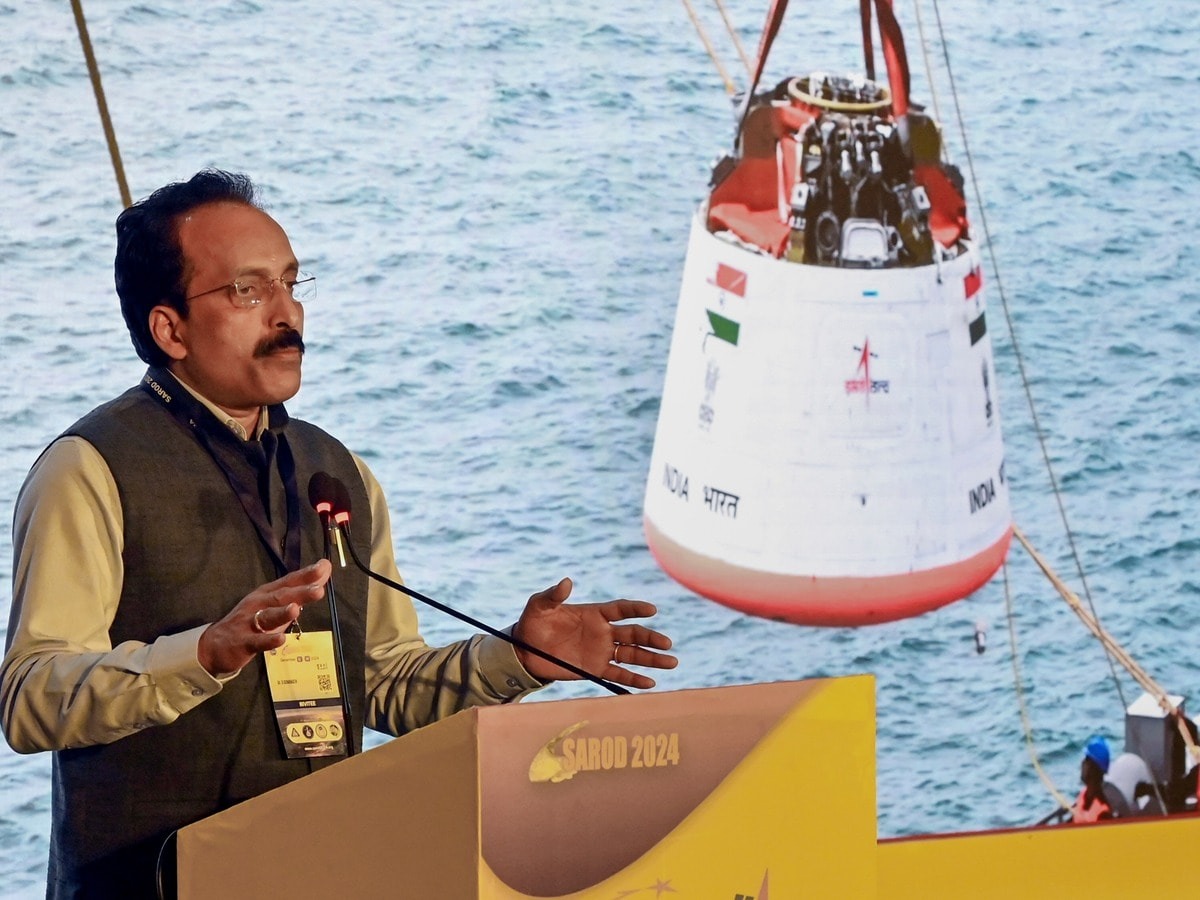The Indian Space Research Organization (ISRO) and the European Space Agency (ESA) have signed a historic agreement to promote human space exploration. This agreement was signed on Saturday by ISRO Chairman S. Somnath and ESA Director General Joseph Aschbacher.
Purpose and scope of the agreement
Under this agreement, various activities related to human space flight will be focused. These mainly include:
- astronaut training
- mission operations
- research experiments in space
- Use of ESA’s facilities on the International Space Station (ISS)
- Human and biomedical research
- Joint Educational and Outreach Program
This initiative is an important step towards taking the cooperation between India and Europe in the field of human space flight to new heights.
Major Project: Axiom-4 Mission
The first major project under the agreement will be the Axiom-4 mission.
- ISRO’s Gaganyatri and ESA astronauts will be included in this mission.
- This mission will implement experiments proposed by Indian researchers on the ISS.
- Under the mission, cooperation will also be provided in human anatomical studies, technology demonstration and mass communication activities.
Mention of ISRO’s human space flight roadmap
After the signing of the agreement, ISRO Chairman S. Somnath mentioned India’s upcoming indigenous space station, the Indian Space Station (BAS). He described it as a golden opportunity to increase cooperation between human spaceflight platforms.
Emphasis on joint research and education
The agreement also emphasizes on human anatomical studies, technology demonstrations and joint educational activities.
- Indian researchers will carry out their experiments using ESA’s facilities.
- The move will strengthen technical and scientific cooperation between the two agencies.
Statement from the Director General of ESA
ESA Director General Joseph Aschbacher described the agreement as a strong foundation for cooperation between the two organisations. He thanked ISRO Chairman for addressing the ESA Council and said that this initiative will bring a new revolution in space research.
 look news india
look news india
